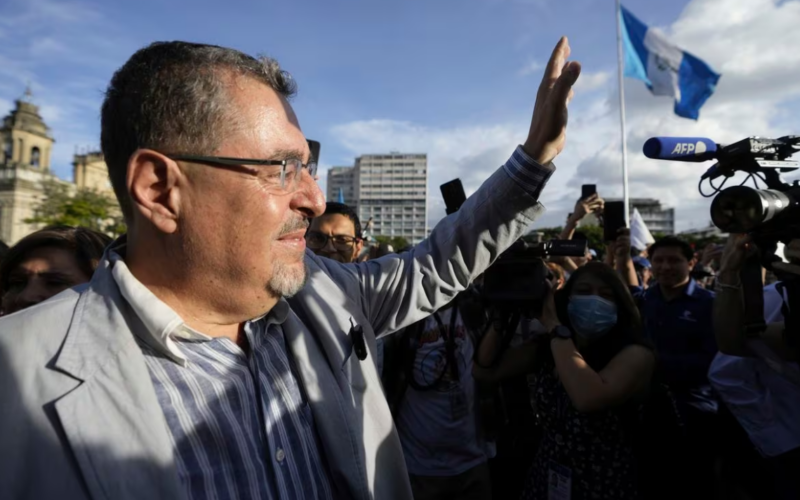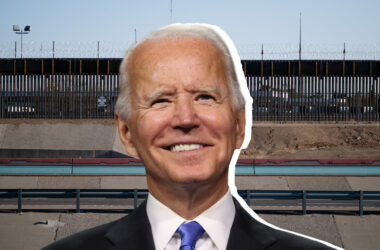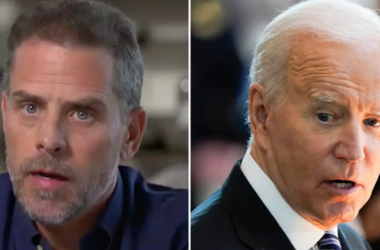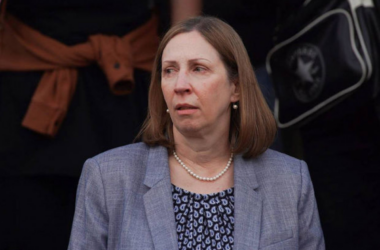In a historic moment for Guatemala, Bernardo Arévalo was sworn in as the new president early Monday, marking a significant shift in the nation’s political landscape. However, Arévalo faces considerable challenges as he endeavors to implement the promised changes, with powerful interests opposing his anti-corruption campaign and legal challenges threatening to undermine his agenda.
Bernardo Arévalo, 65, assumes the presidency as a political moderate with a background in conflict resolution, skills that may prove crucial in navigating Guatemala’s current polarization. Born in Uruguay, he is the son of former Guatemalan President Juan José Arévalo, credited with implementing fundamental protections for workers and Indigenous populations. Bernardo Arévalo’s diverse experiences include studying sociology and anthropology abroad, serving as Guatemala’s ambassador to Spain, and contributing to peacebuilding work in Central America through the non-governmental organization Interpeace.
Arévalo’s unexpected electoral victory follows a second-place finish in the first round of voting in June. Despite not being a frontrunner in polls, his message of change, anti-corruption efforts, and optimism about Guatemala’s potential resonated with a disaffected portion of the population. However, his surprise victory has drawn skepticism and opposition, particularly from those who view him through the lens of Guatemala’s distorted political spectrum.
Arévalo’s administration faces immediate challenges, including ongoing legal persecution by Attorney General Consuelo Porras, who has initiated multiple investigations against him and his party. Porras’ term extends to 2026, making it a persistent hurdle for the new president. Additionally, the economic elite and powerful drug traffickers, who wield significant influence over politicians, pose a formidable obstacle as Arévalo seeks to dismantle corrupt networks.
In his post-inauguration speech, Arévalo outlined his commitment to battling corruption, recovering co-opted institutions, and addressing Guatemala’s “historic debt” to its Indigenous peoples. He pledged to expand access to healthcare and education, emphasizing the urgent challenge of climate change. Arévalo expressed his determination to rebuild democratic unity on the remnants of a corrupt system, promising a departure from the practices that fueled corruption in the past.
As Bernardo Arévalo assumes the presidency of Guatemala, the nation stands at a critical juncture, with hopes for transformative change but with numerous challenges ahead. The opposition from powerful interests, ongoing legal battles, and the need to tackle deep-rooted structural problems pose formidable obstacles. The success of Arévalo’s presidency in delivering on promised change will depend on navigating these challenges, building political consensus, and effectively addressing the urgent issues affecting Guatemala’s people, from poverty and unemployment to the impacts of climate change.








